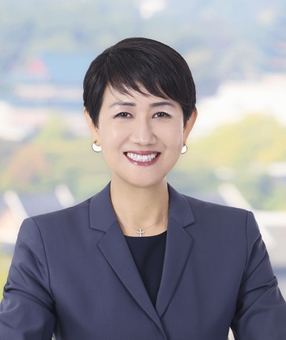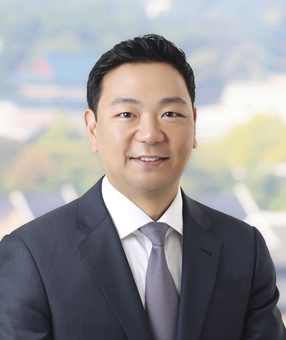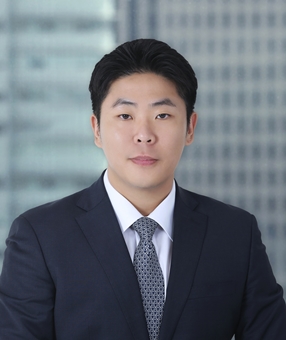|
1. |
Content Regulation and Copyright |
-
Legislative Trends in Deep-Fake Regulations
The National Assembly of Korea has passed an amendment to the Sexual Crimes Punishment Act targeting illegal AI-generated deep-fake videos. An amendment to the Network Act is also expected to pass soon. Additionally, there is ongoing discussion within the National Assembly on new legislation, including an AI Framework Act and an amendment to the Telecommunications Business Act. These proposed legislations would introduce requirements for watermarking AI-generated content and obligations to prevent the spread of illegally filmed content for businesses including AI service providers and platform operators.
|
2. |
Privacy |
-
Privacy in AI: Use of Publicly Available Data and Regulatory Trends Regarding Legal Uncertainties
The Personal Information Protection Commission has recently released a guideline that defines the extent to which publicly available data (i.e., data voluntarily made available to the public by data subjects) can be used for AI development and service purposes. The guideline clarifies that “legitimate interest” may serve as a legal basis for processing such data, and outlines the requirements for applying legitimate interest. Separately, the Personal Information Protection Commission also announced plans to provide a “one-stop channel for business innovation support” aimed at addressing legal uncertainties that companies may encounter in the course of developing AI technology and related services, as well as to promote the use of the existing pre-adequacy review and regulatory sandbox systems.
|
3. |
Antitrust and Competiton |
-
Key Consumer Protection Issues in the Use of GenAI in Advertising and Marketing
AI technology is widely used in various advertising and marketing activities. Businesses should pay particular attention to several key consumer protection issues such as false advertisements generated by AI, ads that do not disclose the use of AI, and “AI washing” involving false and exaggerated claims.
|
4. |
Labor, Employment and ESG |
-
Using AI to Enhance Safety and Health in the Workplace: Related Trends and Legal Issues
The number of workplace accident cases resulting in heavy criminal punishment for the “Responsible Management Personnel” of Korean companies (as such term is defined in the Serious Accidents Punishment Act or the “SAPA”) has been growing following the implementation of the SAPA. The pace of adoption of AI solutions in Korea aimed at enhancing safety and health in the workplace (especially those with focus on serious accidents) has been brisk. In light of various Korean law issues that may be implicated, introduction of AI solutions in this connection should be carried out with caution.
|
5. |
Governance and Risk Management |
-
Key Updates on AI-Related Bills Submitted to the 22nd National Assembly
As of September 24, 2024, a total of 11 AI-related bills have been introduced in the 22nd National Assembly. On the same day, a public hearing was convened to discuss the legislation of the AI Framework Act, during which leaders of both the ruling and opposition parties agreed to expedite the legislative process. This collaboration suggests a prevailing consensus within the National Assembly on the necessity and urgency of passing the AI Framework Act. The AI Framework Act represents significant legislation that engages a wide range of stakeholders, complicating the ability to anticipate the precise timing of its enactment. However, given the potential for a swift legislative process, it is advisable to closely monitor the legislative developments at the National Assembly as well as the movements at the key ministries, and to review their impact on businesses and services in the near term.
|
6. |
Foundation Models and Platforms |
-
Insights from Global AI Safety Initiatives to Shape Korea’s AI Safety Institute
Prompted by the AI Safety Summit in November 2023, the US, UK, and Japan have each created an AI safety institute to help establish and disseminate trusted security best practices for AI. In line with this development, Korea also announced its plan to establish a national AI safety institute in May 2024. As countries worldwide increasingly collaborate on important discussions about AI safety, the goals and research trends of the existing overseas AI safety institutes will likely serve as valuable references for defining the roles and functions of the new Korean AI safety institute.
[Korean Version]
[Related Newsletter] AI Issues and Implications in Q2, 2024
[Related Newsletter] AI Issues and Implications in Q1, 2024
Attachment AI Issues and Implications in Q3, 2024.pdf














